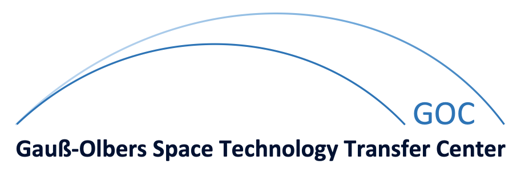Examination of Stopping Criteria for Differential Evolution based on a Power Allocation Problem
| Autoren: | K. Zielinski, P. Weitkemper, R. Laur, K.-D. Kammeyer, K. Zielinski, R. Laur | ||||||
| Kurzfassung: | Usually the primary goal for the application of optimization algorithms is convergence to the global optimum, and the secondary goal is to use the least computational effort. By application of different stopping criteria the achievement of both objectives is influenced: If an optimization run is terminated too early, convergence may not be reached, but on the other hand computational resources may be wasted if the optimization run is stopped late. Because the two criteria that are applied mostly in evolutionary algorithms literature have some drawbacks, several stopping criteria are analyzed in this work, using the Differential Evolution algorithm. In contrast to a prior study a constrained optimization problem is used here. It consists of optimizing the power allocation for a CDMA (Code Division Multiple Access) system that includes a parallel interference cancellation technique. |
||||||
| Dokumenttyp: | Konferenzbeitrag | ||||||
| Veröffentlichung: | Brasov, Romania, 18. - 19. Mai 2006 | ||||||
| Konferenz: | 10th International Conference on Optimization of Electrical and Electronic Equipment | ||||||
| Index: | 257 | ||||||
| Dateien: |
|
Zuletzt aktualisiert am
29.04.2008
von
Admin
© Arbeitsbereich Nachrichtentechnik - Universität BremenImpressum / Kontakt







